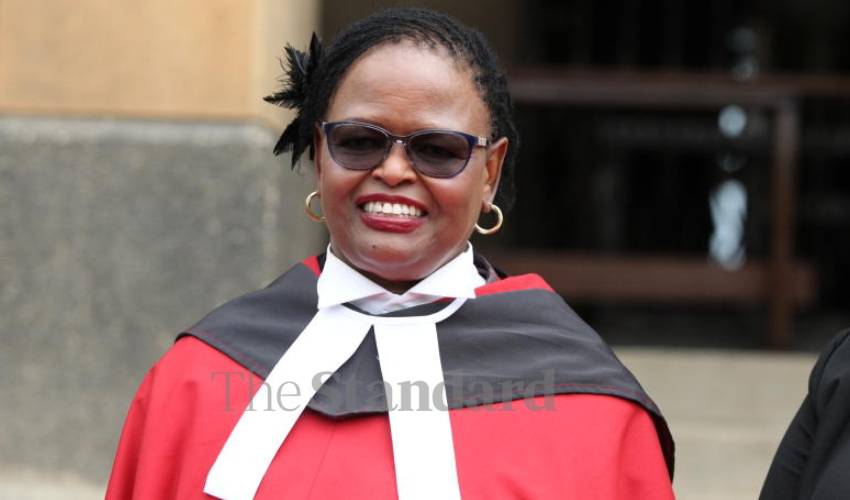×
The Standard e-Paper
Smart Minds Choose Us

Chief Justice Martha Koome at CJ's Gardens, Supreme Court. May 24, 2021. [Jonah Onyango, Standard]
Today is the 11th anniversary of the 2010 Constitution. Some may say the dreams which inspired the adoption of this historic document remain a distant reality.